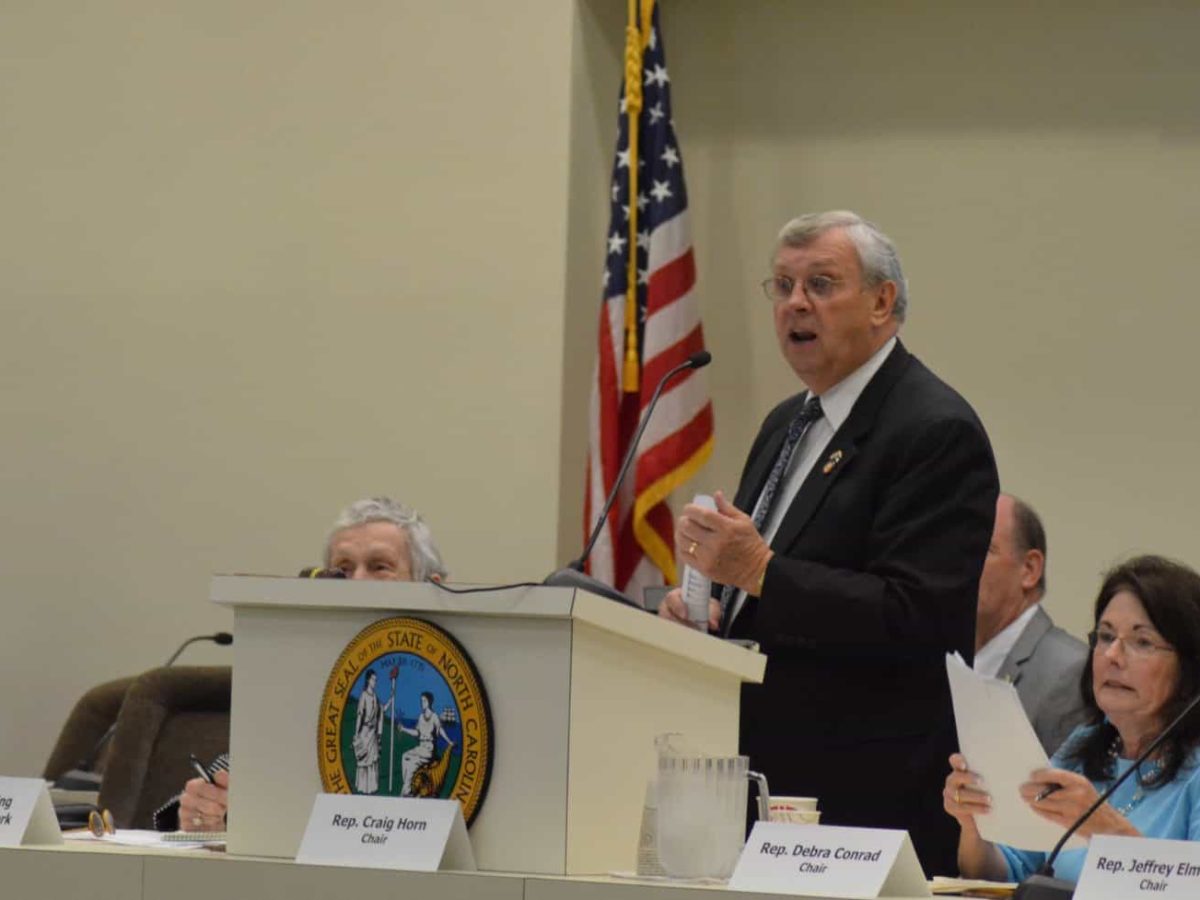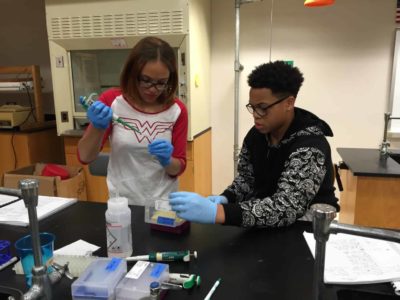

Additional state funds could be allocated for local school construction if a bill given favorable approval in a House education committee Tuesday makes its way through the General Assembly.
Tuesday, the House K-12 Education Committee pushed through a bill that would put a $1.9 billion education bond on the November 2018 ballot. If passed, the money would be given to counties for public school facilities and would be distributed based the on size of the student population, the expected growth of that population, as well as the size and financial capability of the county.
“This bill is based on our last bond that we passed,” said committee co chair, Rep. Linda Johnson, R-Cabarrus. “That was 21 years ago.”
She went on to say that far too much time has passed since the state issued such a bond.
“I don’t know how we’ve made it 21 years. I am not really sure,” she said. “I guess it’s wise use of funds and local expense, but I do believe it’s time that we helped our public schools.”
In a presentation, Ben Matthews, director of Safe and Healthy School Support at the state Department of Public Instruction, explained that the needs of the state’s counties were just north of $8 billion in 2015-16. Meanwhile, in the past five years the state has given districts a little more than $580 million in capital funds from the lottery.
Rep. Jimmy Dixon, R-Duplin, pointed out that some money initially earmarked for school construction when the lottery was passed was never given to schools for that purpose. He put the amount of those funds at $648 million.
The committee took comment from various people, including district superintendents and state education leaders.
Leanne Winner, executive director of the North Carolina School Boards Association, said that even if districts got all the money they were supposed to from the lottery, it would still take 40 years to meet construction and facilities needs for all counties. New General Assembly mandated class size restrictions are not helping, she said.
“Those needs have been compounded already this legislative session by the enactment of the K-3 class size reduction,” Winner said.
The class size restrictions for grades K-3 go into effect this coming year with some flexibility, but they go into full effect in the 2018-19 school year with all local flexibility taken away. The restrictions will require additional classrooms for many counties without extra state funding.
Winner went on to say that her organization is still trying to assess the additional capital needs for counties from the class size restrictions. But she said the impact seems large.
“We are hearing from … bigger size districts that it is multiple school buildings that they will need to satisfy that requirement,” she said.
Chris Lowder, superintendent of Cabarrus County schools, said the class size restrictions will impact his district, with the county’s commissioners already giving the district $2.1 million for mobile units this year. He predicts needing another $3 million next year. And that is in addition to his projected needs for the growing student population during the next 10 years — about $569 million. If the bill passed the General Assembly and the referendum passed the election, the district would get about $37 million for capital costs.
“It would be a big help to us,” he said.
Michael Bracy, superintendent of Jones County Schools, said that this bill would be hugely influential in the state and urged the committee to pass it.
“Folks, I will tell you I am a firm believer that this bill, though it’s 21 years late, that it is truly an economic driver for the state of North Carolina,” he said.
Meanwhile, Dixon, who supported the bill, called it a band-aid and urged his fellow lawmakers of the need to study the way the state funds education.
“We’re still operating on procedures that were established in the 1930s,” he said.
Committee co-chair Rep. Craig Horn, R-Union, pointed out that a bill has passed the House that would do just that, and he is hopeful it will make its way all the way through the General Assembly. If it does, he said he hopes to see a study commission ready to go this summer.
The bill goes next to the House finance committee.


